- Browse
- Medical Device
Results for "medical device"
 Status: Free TrialFree TrialJ
Status: Free TrialFree TrialJJohns Hopkins University
Skills you'll gain: Research Design, Science and Research, Laboratory Research, Research Methodologies, Statistical Analysis, Data Collection, Data Analysis Software, Neurology, Psychology, Physiology, Electrophysiology, Image Analysis, Human Learning, Medical Imaging, Data Visualization Software, Statistical Hypothesis Testing
4.7·Rating, 4.7 out of 5 stars6 reviewsIntermediate · Course · 1 - 3 Months
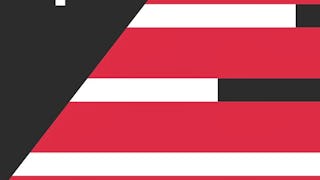 Status: Free TrialFree Trial
Status: Free TrialFree TrialSkills you'll gain: Network Security, Remote Access Systems, Disaster Recovery, OSI Models, General Networking, Network Administration, Network Troubleshooting, Computer Networking, Network Architecture, Network Infrastructure, Networking Hardware, Network Monitoring, TCP/IP, Virtual Private Networks (VPN), Network Protocols, Cybersecurity, Computer Security, Data Centers, Virtualization, Authentications
4.7·Rating, 4.7 out of 5 stars19 reviewsIntermediate · Specialization · 1 - 3 Months
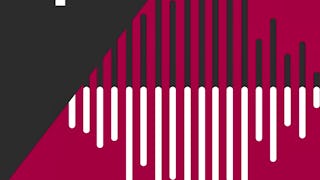
Skills you'll gain: Network Troubleshooting, OSI Models, Wireless Networks, Network Security, Network Protocols, TCP/IP, Network Administration, General Networking, Network Infrastructure, Computer Networking, Network Architecture, Network Routers, Cloud Computing, Networking Hardware, Command-Line Interface, Cybersecurity, Network Switches, Network Analysis
Intermediate · Course · 3 - 6 Months
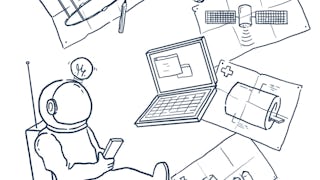 Status: PreviewPreviewÉ
Status: PreviewPreviewÉÉcole Polytechnique
Skills you'll gain: Physics, Medical Imaging, Semiconductors, Science and Research, Medical Equipment and Technology, Research, Radiation Therapy, Emerging Technologies, Physical Science, Energy and Utilities, Electronic Components, Innovation
4.7·Rating, 4.7 out of 5 stars43 reviewsBeginner · Course · 1 - 4 Weeks
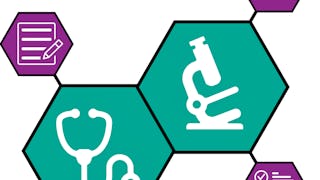 Status: Free TrialFree TrialU
Status: Free TrialFree TrialUUniversity of Colorado System
Skills you'll gain: Grant Writing, Grant Applications, Proposal Writing, Clinical Research Ethics, Healthcare Ethics, Medical Science and Research, Planning, Research Design, Growth Mindedness, Science and Research, Budgeting, Resilience, Constructive Feedback, Mentorship, Goal Setting, Collaboration
4.8·Rating, 4.8 out of 5 stars30 reviewsIntermediate · Course · 1 - 3 Months
 Status: PreviewPreviewU
Status: PreviewPreviewUUniversity of Leeds
Skills you'll gain: Automation, Robotic Process Automation, Artificial Intelligence, Manufacturing and Production, Engineering, Healthcare Ethics, Surgery, Emerging Technologies, Data Ethics, Responsible AI, Artificial Intelligence and Machine Learning (AI/ML), Biomedical Engineering, Computer Programming
4.6·Rating, 4.6 out of 5 stars56 reviewsBeginner · Course · 1 - 4 Weeks
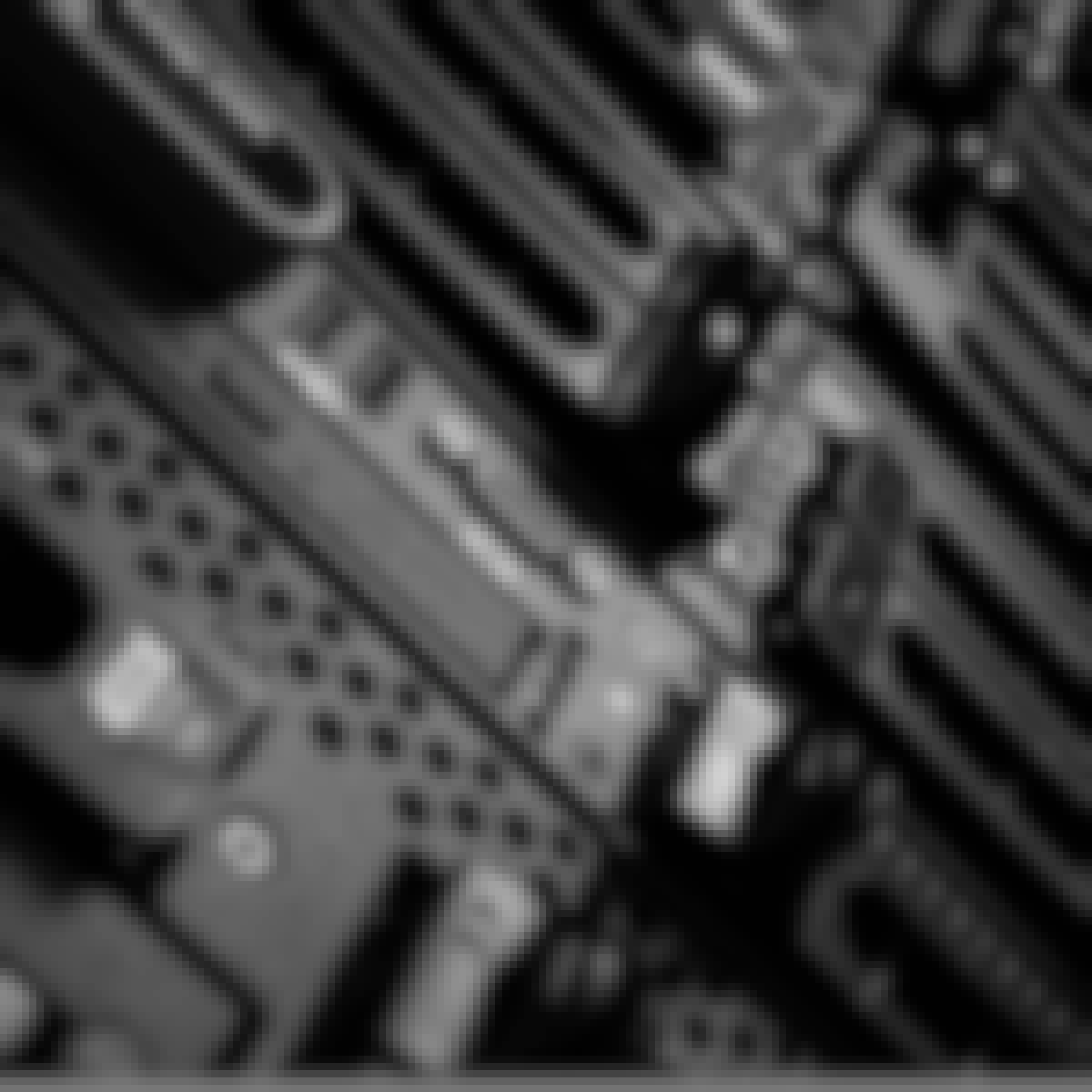 Status: Free TrialFree TrialH
Status: Free TrialFree TrialHHoward University
Skills you'll gain: Business Software, Information Systems, Business Systems, Business Technologies, Management Information Systems, Information Technology, Enterprise Resource Planning, E-Commerce, Systems Analysis, Computer Hardware, Data Warehousing, Disaster Recovery, Networking Hardware, Business Ethics, Operating Systems, Business Process Management, Customer Relationship Management, Security Management, Business-To-Consumer, Data Security
4.7·Rating, 4.7 out of 5 stars60 reviewsIntermediate · Course · 1 - 4 Weeks

Skills you'll gain: Prompt Engineering, ChatGPT, OpenAI, Generative AI, Storytelling, Writing, Creativity, Responsible AI, Critical Thinking
4.5·Rating, 4.5 out of 5 stars551 reviewsBeginner · Guided Project · Less Than 2 Hours
 Status: Free TrialFree TrialF
Status: Free TrialFree TrialFFundação Instituto de Administração
Skills you'll gain: Sales Management, Sales Strategy, Sales Process, Sales, Business Planning, Business Strategy, Cross-Functional Collaboration, Customer Relationship Building, Key Performance Indicators (KPIs), Goal Setting
4.6·Rating, 4.6 out of 5 stars284 reviewsIntermediate · Course · 1 - 4 Weeks
 Status: Free TrialFree TrialU
Status: Free TrialFree TrialUUniversity of London
Skills you'll gain: Virtual Reality, Interaction Design, Augmented and Virtual Reality (AR/VR), Virtual Environment, User Interface (UI), Human Computer Interaction, Display Devices, Game Design, Human Machine Interfaces, Usability, User Experience Design
4.6·Rating, 4.6 out of 5 stars135 reviewsIntermediate · Course · 1 - 4 Weeks
 Status: NewNewStatus: PreviewPreviewU
Status: NewNewStatus: PreviewPreviewUUniversity of Cambridge
Skills you'll gain: Intellectual Property, Law, Regulation, and Compliance, Medical Privacy, Biotechnology, Regulation and Legal Compliance, Legal Research, Life Sciences, Healthcare Ethics, Emerging Technologies
Beginner · Course · 1 - 3 Months
 Status: PreviewPreviewU
Status: PreviewPreviewUUniversidad Nacional de Colombia
Skills you'll gain: Pharmacology, Infection Control, Pharmacotherapy, Hand Hygiene, Hospital Medicine, Medication Therapy Management, Medical Prescription, Urinalysis, Infectious Diseases, Patient Evaluation, Microbiology, Clinical Practices, Surgical Suturing, Treatment Planning, Clinical Assessment
4.9·Rating, 4.9 out of 5 stars344 reviewsIntermediate · Course · 1 - 3 Months
Searches related to medical device
In summary, here are 10 of our most popular medical device courses
- Neuroscience Methods: Johns Hopkins University
- CompTIA Network+ (N10-008): Packt
- Cisco CCST Networking - Video Training Series: Packt
- Les deux infinis et nous - Voyages de l'infiniment grand à l'infiniment petit: École Polytechnique
- Grant Proposal Plans, Sections, and Resubmission: University of Colorado System
- How to Get Into Robotics: University of Leeds
- Foundations of Information Systems for Business: Howard University
- ChatGPT for Beginners: SciFi Writing with Dall-e: Coursera
- Effective Sales – An Overview: Fundação Instituto de Administração
- 3D Interaction Design in Virtual Reality: University of London










